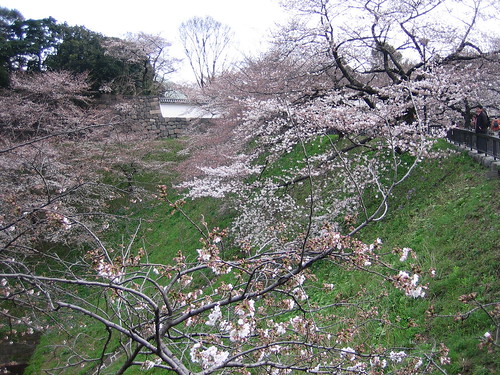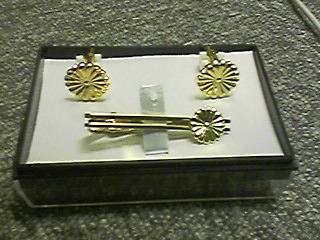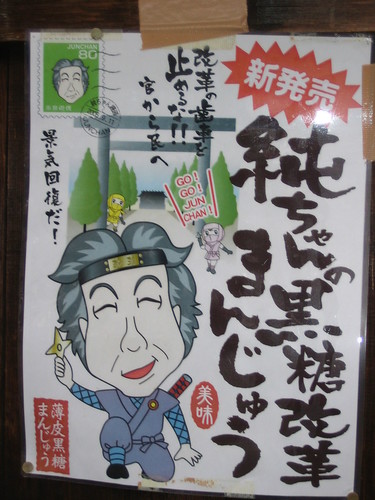To highlight his disappointment with what he called the ongoing political confrontation within the Democratic Progressive Party (DPP) and its all-round degeneration, DPP Legislator Lin Wuei-chou (林為洲) yesterday quit the party, urging voters to quit political parties, become neutral and avoid getting caught up in the “partisan squabbles” provoked by politicians.
Lin, who joined the party in 2000, released a three-page statement yesterday announcing his decision to quit.
In the statement, Lin said he was loath to see both the pan-green and pan-blue camps take advantage of people’s passions to mobilize them to join large-scale parades and rallies that actually serve no concrete purpose whatsoever.
Partisan politics in Taiwan are notoriously, nay, hilariously bitter. What exactly is Mr. Lin Wuei-chou trying to escape from? Here are a couple of examples that I have blogged in the past, plus one new one from the very newest issue of the Taipei Times.

DPP Legislator Wang Shu-hui, left, attacks KMT Legislator Kuo Su-chun, right, after Kuo tore up a copy of Premier Frank Hsieh’s policy report that he was scheduled to deliver yesterday at the opening of a new sitting of the legislature.
Speaking at a separate event, TSU Chairman Shu Chin-chiang (蘇進強), however called the government a “liar” in front of DPP Chairman Su Tseng-chang (蘇貞昌) at an activity held by the Hand-in-Hand Taiwan Alliance that both men attended yesterday morning.
Shu’s remarks immediately made the atmosphere awkward.
[…]
Sitting beside Shu, Su looked embarrassed and did not respond to his criticisms.
The two men did not talk to each other and left the news conference separately.
Friday, Mar 31, 2006,Page 4
Minister of Education Tu Cheng-sheng (杜正勝) yesterday told reporters that Chinese Nationalist Party (KMT) Legislator Lee Ching-hua (李慶華) had been acting like a three-year-old, one day after Lee called him “Dick Minister” and “Pert Minister,” referring to a shampoo brand, during a legislative committee meeting. The heated exchange of words arose over Lee’s discontent with a ministry-published high school sex education pamphlet which contained explicit sexual references. “If Lee had carefully read the pamphlet, he wouldn’t have noticed only the [explicit material]. Only three-year-old children would see nothing but [that material] in the pamphlet,” Tu said, adding that Lee was not a “well-educated person” and that him being a lawmaker could only waste the nation’s resources. When asked for comment, Lee said he had suggested Tu and his wife make public images of the two copulating in the pamphlet.
United States partisan politics may not have quite yet reached this level of clownishness, but it’s close enough so that I’m disgusted with the whole business. Therefore, I am swearing an oath-if any major partisan politician running in elections for which I am eligible resigns from their party and severs all financial and organizational ties with the party, I will vote for you. I don’t care which party it is that you are leaveing, I don’t care how you feel about the Iraq War, or Medicare, or abortion, or school lunches, or even if you’re a holocaust denyer or a convicted rapist. If you follow the brave lead of Lin Wuei-chou in Taiwan, and tell the Washington based political party establishment to go fuck itself, I, who am not, never have been, and never will be a registered member of any political party, will vote for you.

 Just as it starts to warm up, poor Environment Ministress and mother of Cool Biz Yuriko Koike has
Just as it starts to warm up, poor Environment Ministress and mother of Cool Biz Yuriko Koike has 
 This article and the discussion on “
This article and the discussion on “
